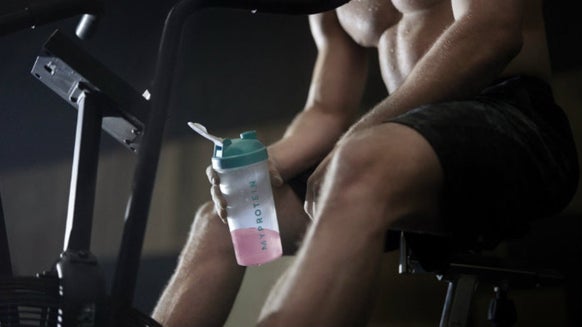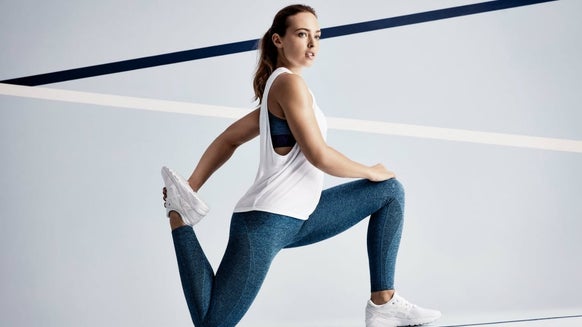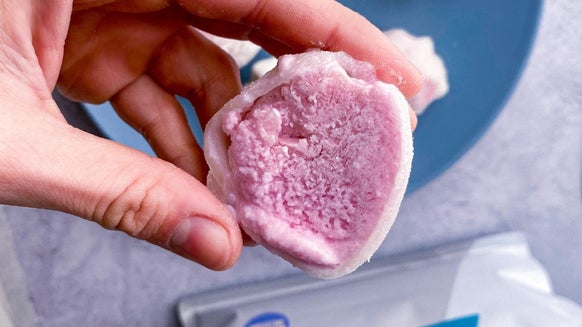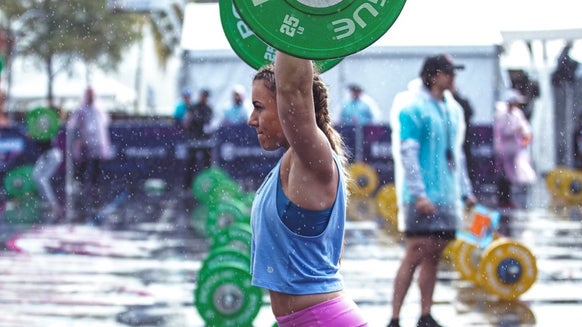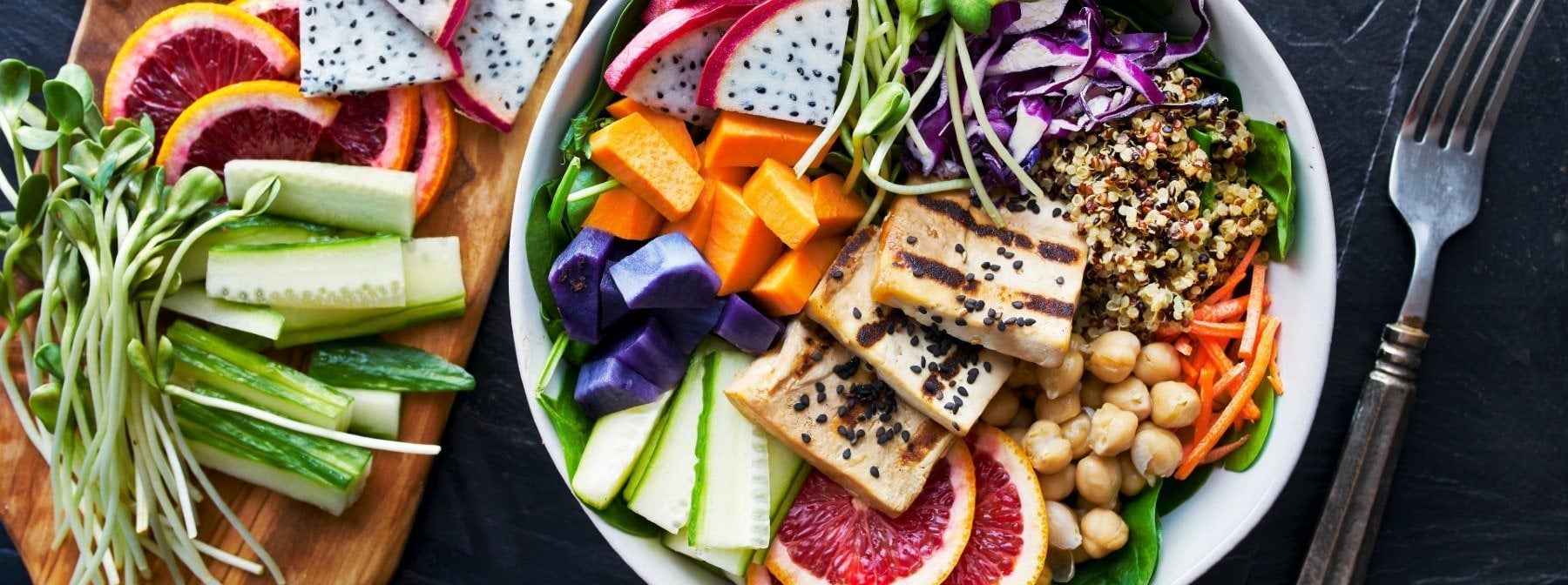
Vegan pre-workout foods backed by research, so you can make the right choice.
There’s tonnes of information out there on getting the right vegan pre-workout foods, and it can sometimes be overwhelming. But in reality, it’s pretty simple! Focus on food groups that you can choose from to ensure your body is getting the right fuel to optimise its performance.
Here’s a list of scientifically backed vegan pre-workout foods that you can choose from to increase your exercise endurance and push your workouts to the limits.

1. Low-GI Carbohydrates
If you’re looking to improve or maintain your exercise performance, scientists generally recommend eating a high-carbohydrate meal 1-4 hours before exercise.
Carbs are known to be the main energy-providing nutrient and are metabolised by the body most easily during exercise – providing the energy you need during a workout or exercise session where your fast-twitch muscle fibres are relied upon1.
Glycaemic index is the ranking of carbohydrates in relation to how they affect blood sugar levels. Although there’s some conflicting evidence, many studies have found that low-glycaemic index (GI) carbohydrates are better than high-GI carbohydrates before endurance-based exercise. This is thought to be because low-GI carbs lead to a steady blood sugar level, while high-GI carbs may cause a spike, followed by a sudden drop in blood sugar levels – acting to decrease energy levels.
Common vegan high-carbohydrate foods with a low glycaemic index:
Sweet potatoes, new potatoes and yams (non-mashed) Brown rice and white long grain rice Pasta Oats and muesli Whole wheat bread, mixed grain bread and sourdough bread Some legumes such as chickpeas, red and green lentils, butter beans, kidney beans, haricot beans, pinto beans and black-eyed beans
2. Protein Sources: High-Carbohydrate
Protein is important for building and repairing muscle, and it’s well known that post-workout protein consumption optimises muscle growth. But recent research shows that consuming both pre- and post-workout stimulates better muscle growth2.
Since it’s important to consume pre-workout carbohydrates, eating foods that contain both protein and low-GI carbs is a great way to maximise your performance and results.
Common vegan pre-workout foods that contain protein and low-GI carbohydrates include:
Chickpeas Lentils (red and green) Butter beans Kidney beans Haricot beans Pinto beans Black-eyed beans
3. Protein Sources: Low-Carbohydrate
As we mentioned in the previous point, pre- and post-workout protein has been shown to optimise muscle growth and repair. If you’re following a keto diet, tracking macros, or you’ve already had your carbs in another meal or snack, you may want to choose a lower-carb protein source before your workout - making our vegan pre workout protein shake the perfect option.
If you’re getting your carbs elsewhere and you’re looking to boost your protein before your workout, try these low-carbohydrate protein sources:
Tofu Tempeh Seitan Textured vegetable protein Vegan Blend Pea Protein Soy Protein Brown Rice Protein
6. Beetroot
Beetroot and beetroot powder as a sports supplement has gained attention recently as a food that can enhance exercise performance.
Beetroot contains a high level of nitrates, which increases blood flow to muscles – enhancing their efficiency during exercise3. Add beetroot powder or beetroot juice to your vegan pre-workout shake around 60 minutes before exercise for best results.
5. Modified Starches
Starches come from carbohydrates like maize and barley, while modified starches are made by hydrothermally or chemically modifying the starch to decrease the rate at which they’re digested.
As well as providing carbohydrate for energy, pre-workout consumption of modified starches like Waxy Maize Starch has been shown to increase the body’s ability to use fat instead of glucose for energy4, preserving carbohydrate stores and therefore increasing exercise endurance.
Maltodextrin and dextrose are other great options to add to your vegan pre-workout shake to make sure your body has quick-acting carbs to avoid wearing down your glycogen stores.
6. Caffeine
Caffeine is renowned for improving exercise performance – enhancing a range of endurance-based tasks like running, cycling, swimming and rowing, plus increasing reps performed during resistance training4.
Caffeine is known to enhance exercise performance by increasing utilisation of free fatty acids and reducing the breakdown of glycogen (carbohydrate energy stores), as well as making adaptations in the central nervous system.
You can find caffeine in these plant-based drinks and supplements:
Coffee and tea Vegan pre-workout shakes Guarana extract Green tea extract and other caffeine supplements
7. Creatine Monohydrate
Creatine Monohydrate (or just ‘creatine’) is a chemical compound that’s made naturally by our bodies to supply muscles with energy. During exercise, the body’s demand for creatine increases and stores need to be replenished for optimum exercise performance.
Creatine has been scientifically proven to improve physical performance during bursts of short-term exercise (like weight training or sprinting), as well as increasing muscle size5.
You can find creatine naturally in meat and fish, but there aren’t any significant plant-based sources, therefore taking a creatine supplement is the best way for vegans to get creatine into their diet.
Research recommends that you take 4-10g of creatine per day, and you can spread this out between your vegan pre- and post-workout shakes.
8. High-GI Carbohydrates
Where it’s generally recommended that you opt for lower-GI carbohydrates before exercise (although there are some conflicting results), intra-workout (during your workout) high-GI carbohydrates have been shown to be best for endurance exercise6.
Common carbohydrates with a medium to high glycaemic index include:
Bananas Mangos Pineapple Watermelon Dates
If you can’t stomach eating food during exercise, carbohydrate supplements like maltodextrin, dextrose, and carbohydrate energy gels are perfect, plus they’re designed to be digested quickly for optimum performance.
Take Home Message
When it comes to fuelling your workouts, there are many vegan pre-workout foods that you can use to prep properly. Whether it's a meal, snack, or vegan shake, you can become just as powerful with a plant-based vegan diet as others who use animal-based foods.
READ THESE NEXT:

Claire is a Registered Dietitian through the Academy of Nutrition and Dietetics and a board-certified Health and Wellness Coach through the International Consortium for Health and Wellness Coaching. She has a Bachelor of Science in Biology and a Master’s degree in Clinical Dietetics and Nutrition from the University of Pittsburgh.
Talking and writing about food and fitness is at the heart of Claire’s ethos as she loves to use her experience to help others meet their health and wellness goals.
Claire is also a certified indoor cycling instructor and loves the mental and physical boost she gets from regular runs and yoga classes. When she’s not keeping fit herself, she’s cheering on her hometown’s sports teams in Pittsburgh, or cooking for her family in the kitchen.
Find out more about Claire’s experience here.
1. Kanter, M. (2018). High-Quality Carbohydrates and Physical Performance: Expert Panel Report. Nutrition today, 53(1), 35.
2. Cribb, P. J., & Hayes, A. (2006). Effects of supplement-timing and resistance exercise on skeletal muscle hypertrophy. Medicine & Science in Sports & Exercise, 38(11), 1918-1925.
3. Murphy, M., Eliot, K., Heuertz, R. M., & Weiss, E. (2012). Whole beetroot consumption acutely improves running performance. Journal of the Academy of Nutrition and Dietetics, 112(4), 548-552.
4. Ormsbee, M. J., Bach, C. W., & Baur, D. A. (2014). Pre-exercise nutrition: the role of macronutrients, modified starches and supplements on metabolism and endurance performance. Nutrients, 6(5), 1782-1808.
5. Bemben, M. G., & Lamont, H. S. (2005). Creatine supplementation and exercise performance. Sports Medicine, 35(2), 107-125.
6. Saunders, M. J., Luden, N. D., & Herrick, J. E. (2007). Consumption of an oral carbohydrate-protein gel improves cycling endurance and prevents postexercise muscle damage. Journal of Strength and Conditioning Research, 21(3), 678.
